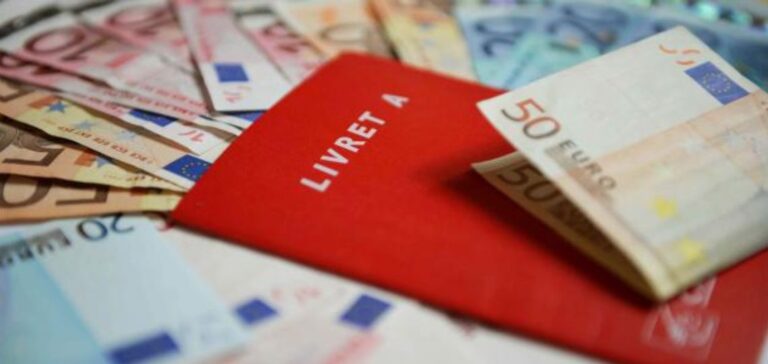According to Les Echos, the government could direct part of the hundreds of billions of euros of savings deposited by the French in their Livret A savings accounts towards the construction of new nuclear reactors. This would allow the deployment of very long-term financing, corresponding to the profile of nuclear power.
Financing options under study
The Ministry of Energy Transition states that “the options for financing the new nuclear power plant are being studied, without any direction being arbitrated at this stage.” The Ministry of the Economy also confirms that “several options are being studied”.
Colossal popular savings
55 million French people have a Livret A savings account, with total savings of more than 375 billion euros at the end of 2022. The roadmap unveiled by President Emmanuel Macron a year ago calls for the construction of six new-generation EPR2 reactors, with an option for eight more. The construction cost of these six reactors is estimated at 51.7 billion euros (excluding financing costs), plus 4.6 billion in case of implementation difficulties.
Livret A: a source of financing for social housing
Managed jointly by Caisse des Dépôts and the banking networks, the Livret A is mainly used to finance social housing. The head of the CDC, Eric Lombard, recently stated before Parliament that “popular savings, from the Livret A, the Livret de développement durable et solidaire, the Livret d’épargne populaire which, in total, reaches 500 billion euros today, can further finance the transformation of our energy production system.
Caisse des Dépôts has indicated that “the choices on the economic model and the carrying structure are planned for 2023 and in the hands of the public authorities”. The financing options for the new nuclear power plant are still being studied and the fate of popular savings is still being decided.





















